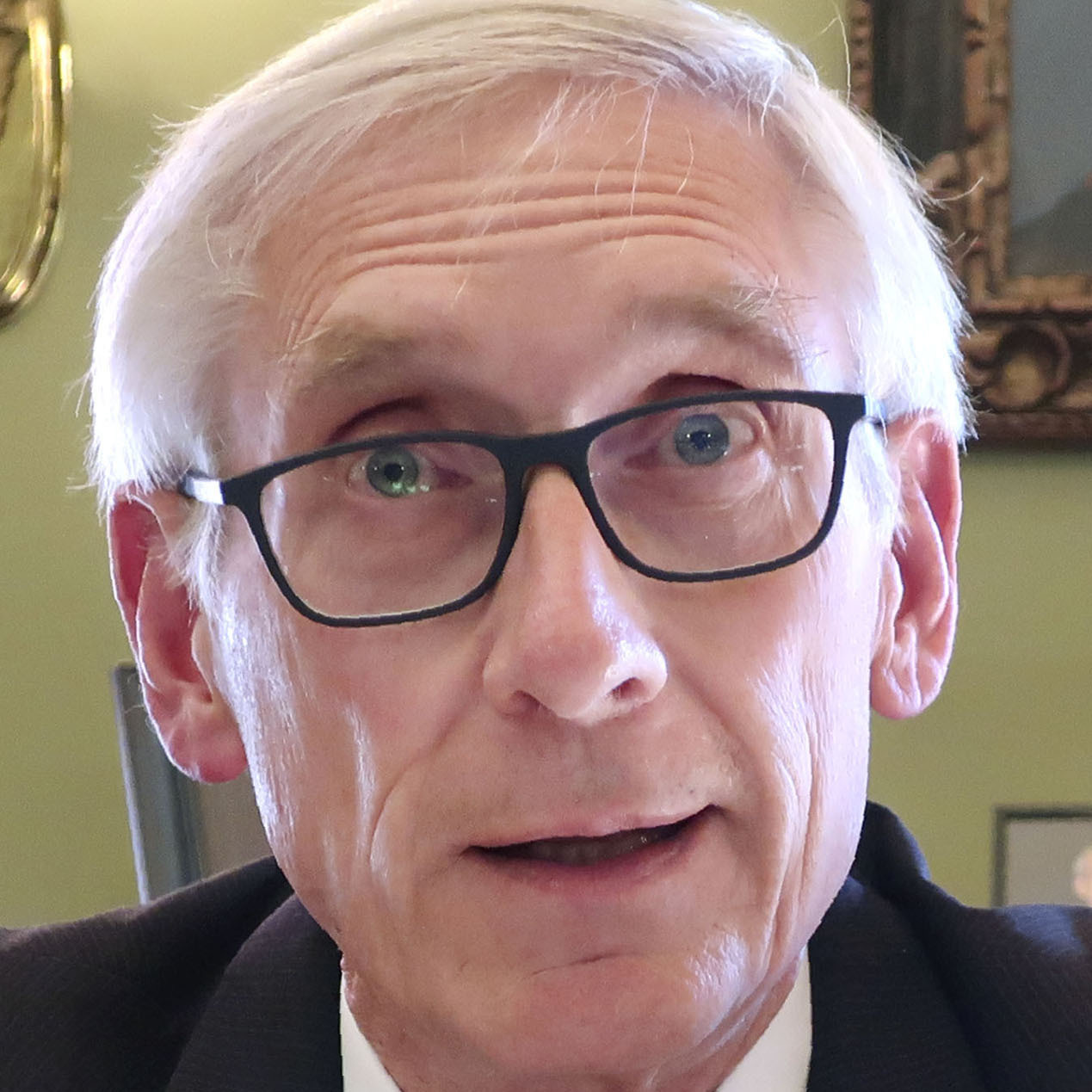While running for governor, Tony Evers promised to restore the former standard of two-thirds state funding for schools. He introduced a budget that did that, both as state school superintendent and later as governor.
He was calling for a throwback to the 1996-2003 era when the state had a commitment to fund two-thirds of K-12 costs through the state budget.
The 2003-'05 budget, under Democratic Gov. Jim Doyle, eliminated that commitment and state funding hasn't reached that level since. In 2018-'19, the most recent budget, the state share covered 65.4% of K-12 costs, according to the state's nonpartisan Legislative Fiscal Bureau.
Evers promised to push support across the two-thirds barrier, but Republicans weren't on board.
The final budget — written by the Republican Legislature and tweaked through Evers' vetoes — will actually lower the percentage slightly to 65.3% in 2019-'20, according to the fiscal bureau. The percentage is then expected to rise slightly to 65.5% in 2020-'21.
Evers doesn't get credit for effort since we assess outcomes and not intent. But his promise didn't narrow the timeframe to his first budget, so he'll get another crack at this in his second budget.
For now, we rate this Stalled.



